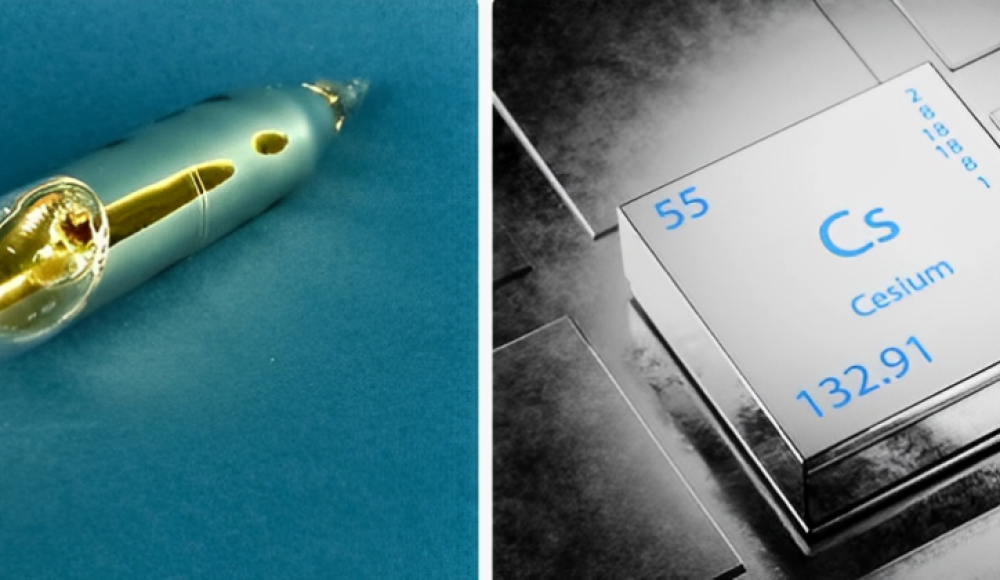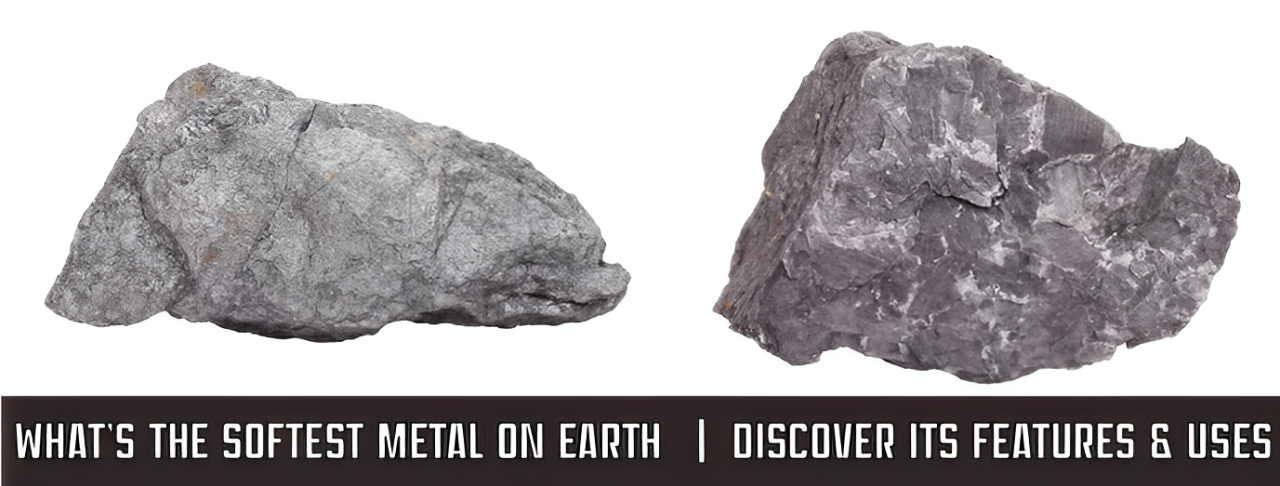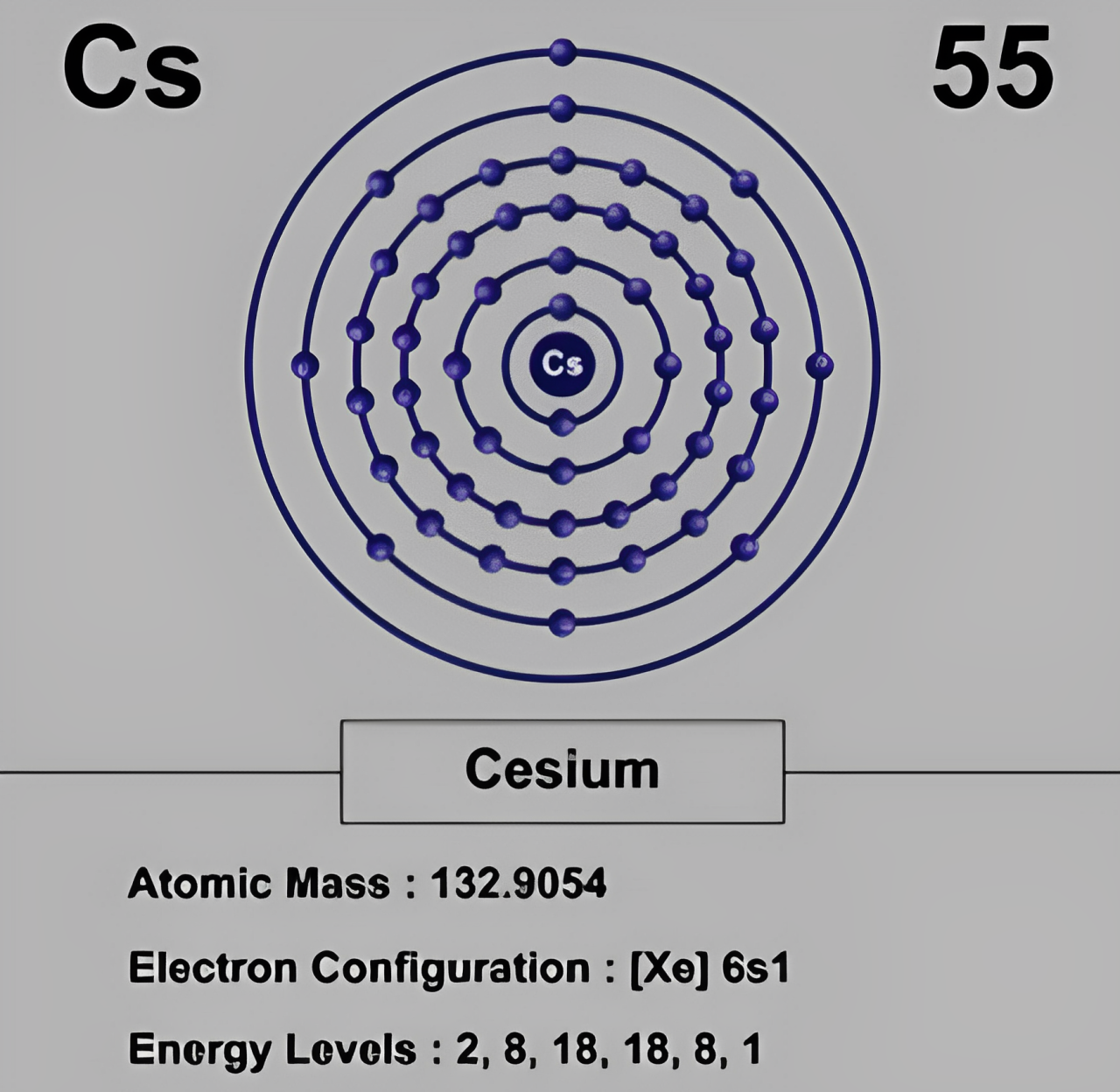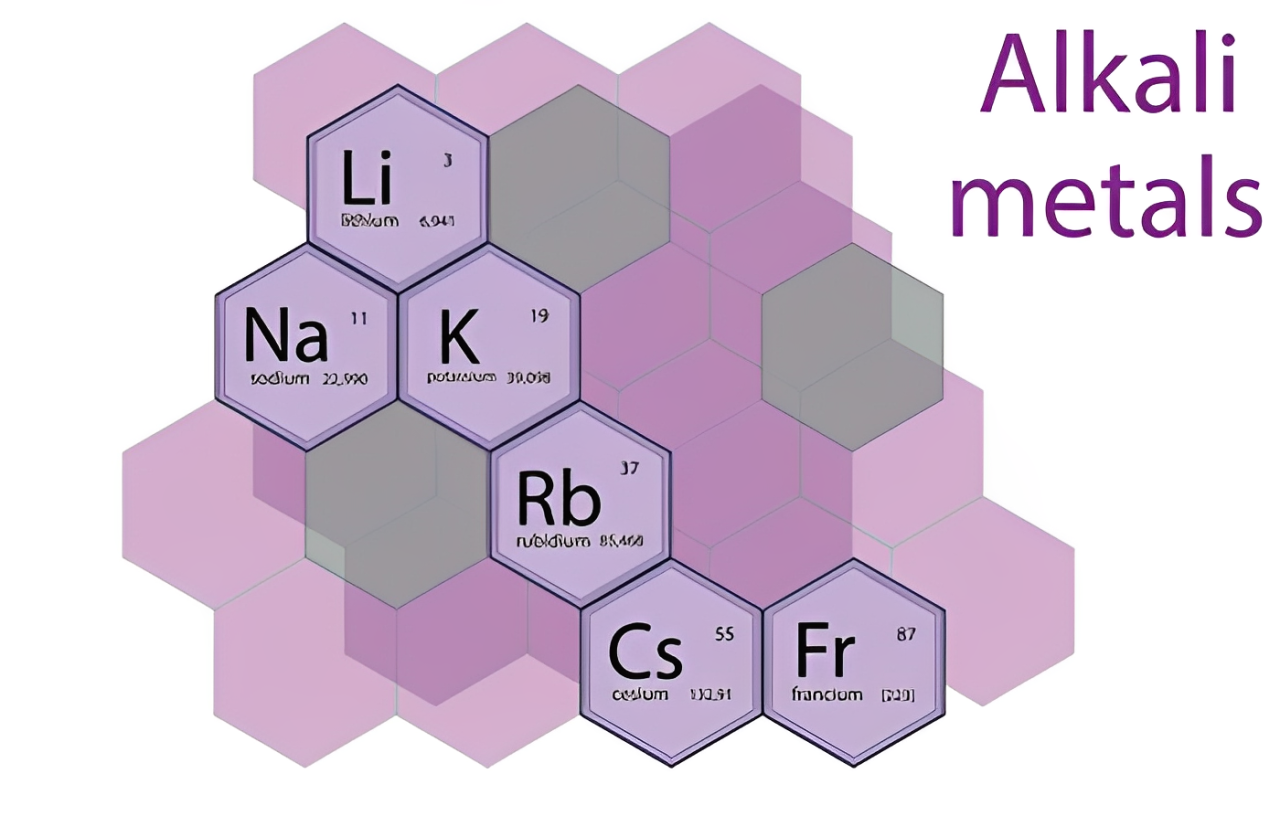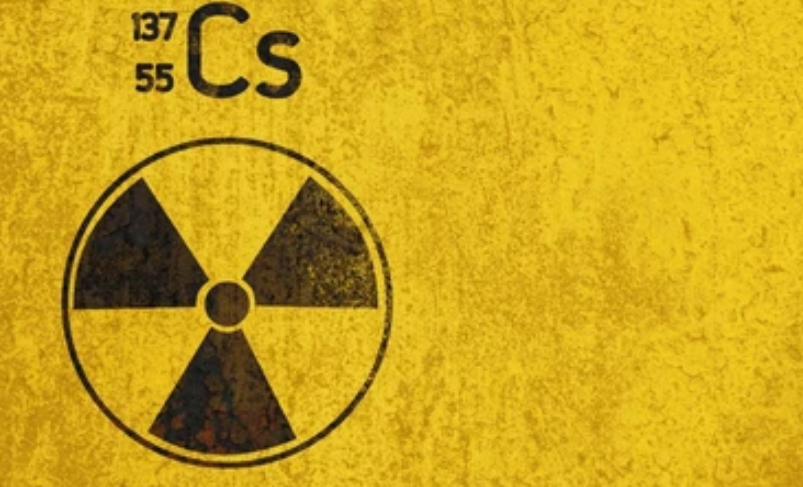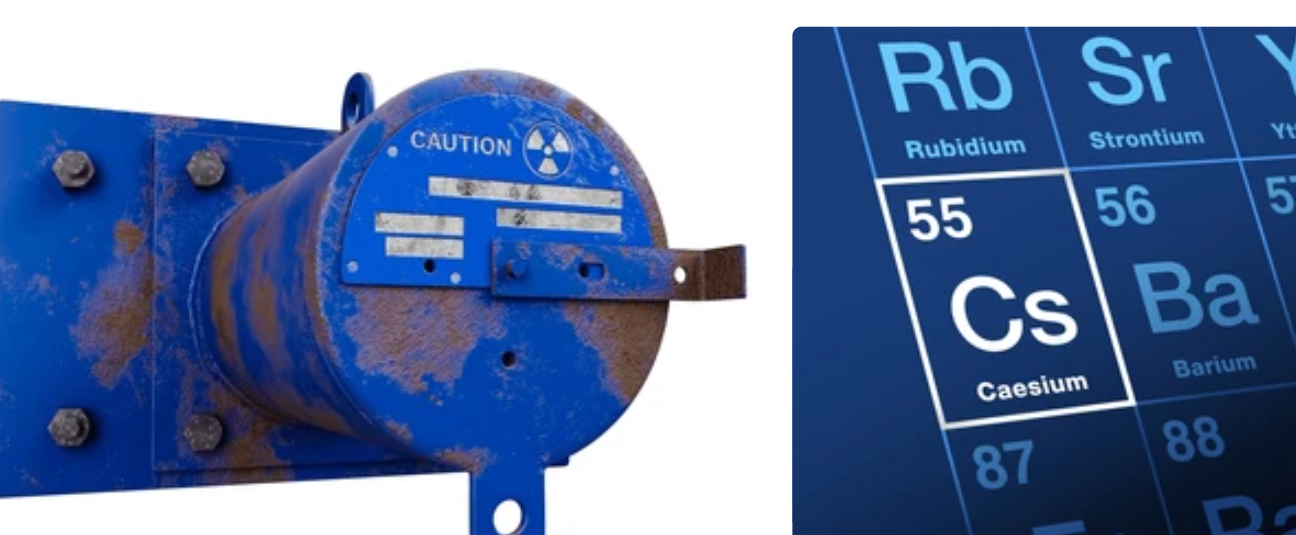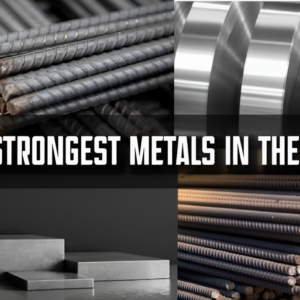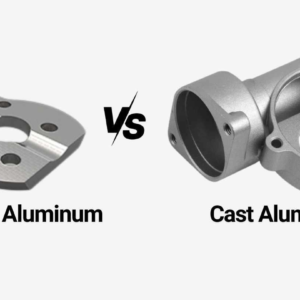Металът обикновено е свързан със свойствата, i.e. сила, издръжливост, и твърдост. въпреки това, Не всички метали може да се мисли за трудно. Някои метали са невероятно меки, което означава, че те са доста специални в своите приложения. От тези, най-интересният е специален поради ниската си твърдост, пластичност, и пластичност. Така, в тази статия, ще разкрием фактите и ще обясним кой е най-мекият метал на земята. освен това, ще обсъдим многобройните му приложения в различни области на живота.
Кой е най-мекият метал на Земята?
Цезият е най-мекият метал на планетата и е част от групата на алкалните метали. Така, той е по-реактивен от другите метали. освен това, можем да го обръснем с нож. Ако говорим за точката му на топене, тя е 83,3°F (28.5°C). Така, може лесно да се оформя в различни форми.
Цезият е най-мекият метал в списъка, заедно с литий, натрий, и калий. Алкалните метали са много реактивни и сравнително леки, и всички тези елементи имат много общи свойства. въпреки това, цезият може да се опише като най-мекия елемент, демонстриране на някои други начини освен периодичната таблица.
Физични и химични характеристики на цезия
Така, ето някои от характеристиките на цезия – най-мекия метал на земята:
1. Физически свойства
Нека поговорим за неговите физически свойства:
- Външен вид: Цезий, при стандартни условия, е лъскав и сребрист като повечето метали със златист оттенък.
- Плътност: Все още, неговата плътност, 1.93 g/cm³, поставя цезия сред металите с относително ниска плътност.
- Точка на топене: Лесно се топи при леко топли условия; той е твърд при температури под 28,5°C (83.3°F) и се топи, когато температурата се повиши до това ниво и малко по-високо.
- мекота: Цезият е ковък, като общия повод, които лесно могат да бъдат оформени на ръка, въпреки че не може да се борави поради изключителната си реактивност.
2. Химични свойства
Ето неговите химични свойства:
- Реактивност: Елементът е много реактивен – особено с вода, комбинирайки се с него, за да образува експлозивна реакция.
- Група за алкални метали: В групата е 1 от периодичната таблица и има характеристики като ниска йонизационна енергия и висок електроположителен характер.
- Електронна конфигурация: Цезият има само един валентен електрон. Така, Цезият има голяма склонност да образува йонни връзки.
Тези функции са обобщени в следващата таблица:
| Особеност | Стойност/Описание |
| Физически свойства | |
| Външен вид | Сребристо-златист метален блясък |
| Плътност | 1.93 g/cm³ |
| Точка на топене | 28.5°C (83.3°F) |
| мекота | Изключително мека; може да се формова на ръка (изисква внимателно боравене поради реактивност) |
| Химични свойства | |
| Реактивност | Силно реактивен; експлозивна реакция с вода |
| Група за алкални метали | Принадлежи към група 1 на периодичната таблица |
| Електронна конфигурация | [кола] 6s¹ (един валентен електрон, силно реактивен и образува йонни връзки) |
Мекота на металите – Защо цезият е най-мекият метал
Атомната природа на цезия го прави най-мекият от всички елементи. Ефективният атомен номер на атома локализира най-външния електрон в цезия много далеч от ядрото поради големия му атомен размер. Така, това намалява металната връзка между атомите, които правят материала. Това го прави много мек.
Сравнение с други меки метали
Така, нека сравним цезия и други меки алкални елементи:
1. литий (Ли)
- мекота: Може да се нарязва с нож, но е по-твърд от цезия.
- Реактивност: По-реактивен от повечето метали, но не толкова реактивен като цезия.
- Употреби: Батерии и сплави.
2. Натрий (Вече)
- мекота: По-ковък от лития, но по-малко от цезия.
- Реактивност: Реагира бурно с вода.
- Употреби: Лампи с натриеви пари, химически синтез Лампи с натриеви пари Химичен синтез
3. калий (К)
- мекота: Може да се търка по повърхността му с пила, но е по-твърд от оловото и по-малко мек от цезия.
- Реактивност: Бурна реакция с вода, придружена от топлина и отделяне на водороден газ.
- Употреби: Обработваема земя и химически добавки.
Така, Цезият е различен от тези метали, той е изключително мек и има отчетлив златист цвят.
Ето таблицата, за да обобщим сравнението на различните най-меки метали на Земята:
| Метал | мекота | Реактивност | Употреби |
| литий (Ли) | По-твърд от цезия, режещи се с нож | Изключително реактивен, но по-слаб от цезия | Батерии, сплави |
| Натрий (Вече) | По-мек от литий, по-твърд от цезия | Реагира бурно с вода | Лампи с натриеви пари, химичен синтез |
| калий (К) | По-мек от натрий, по-твърд от цезия | Силно реактивен, произвежда топлина и водород с вода | Торове, химически реакции |
| Цезий (Cs) | Най-мекият метал, лесно се формоват | Изключително реактивен, особено с вода | Атомни часовници, космически технологии, медицински употреби |
Индустриална и научна употреба на цезий
въпреки това, цезият е изключително мек метал; Не се използва за общи цели, тъй като е силно реактивен и не е много изобилен. Това е много важно в техническите сектори.
1. Атомни часовници
Цезият е основен компонент на най-точните устройства за отчитане на времето, познати на човека, атомни часовници. Тези часовници работят, тъй като честотата на цезиевите атоми осцилира редовно, и нищо не може да достигне това ниво на прецизност. Това е толкова необходимо за GPS и телекомите.
2. Проучване на нефт и газ
Високата плътност и ниският вискозитет правят тази течност по-добра поддръжка на сондажи. В същото време намалява въздействието върху околната среда в сравнение с нормалните течности.
3. Медицински приложения
Цезиевите изотопи, но особено Цезий-137, се прилагат при лечение на рак с помощта на лъчетерапия. Те подпомагат селективното елиминиране на раковата тъкан и минимизират увреждането на околните тъкани.
4. Космически технологии
Металните йони цезий се използват в йонни двигатели за задвижване на космически кораб. Поради способността си да реагира лесно и да йонизира, цезият е най-подходящото гориво за производство на тяга при космически пътувания.
5. Оптично стъкло
Нерадиоактивният елемент цезий се използва за регулиране на качеството на някои видове стъкло. Това ги прави по-ясни и по-устойчиви. Стъклото на базата на цезий се използва в подобрени лещи и машини, които изискват подобрена отразяваща оптика на повърхността.
6. Проучване и развитие
Цезият се използва в лабораториите по химия, и физични експерименти поради свойството му да бъде мек и реактивен метал. По тази причина, полезен е при йонизация и изследване на качествата на метално свързване.
Плюсове и минуси на използването на цезий – най-мекият метал на Земята
въпреки това, както се вижда, цезият има по-бързи и много по-добри свойства от другите алкални металоиди; обаче, този елемент има недостатъци, които възпрепятстват увеличеното приложение на такъв материал.
1. Реактивност
Реактивността на цезия е много висока и следователно опасна. Той е негорим, реагира бурно с вода, и трябва да се съхранява в инертна атмосфера. Те могат да включват минерално масло или запечатани стъклени ампули.
2. Рядкост и цена
Цезият е сребристо-жълт алкален метал, който се използва относително рядко и се получава предимно от полуцит. Това е рядкост, и следователно, струва скъпо, като по този начин са полезни само в определени области.
3. Токсичност
Острата токсичност на цезия може да доведе до орална или инхалационна експозиция. По време на обработка, трябва да се вземат подходящи мерки. Така, можем да гарантираме, че няма неблагоприятни последици за здравето.
4. Загриженост за околната среда
Добивът на цезий и отстраняването на радиоактивни изотопи, включително цезий-137, се считат за екологично чувствителни операции. Поради тези причини, има много строги правила и контрол върху кандидатстването.
Значението на мекотата в металите
Мекотата на метала е благоприятна характеристика. Твърде вероятно е човек да обърква въпроса за какво обикновено се използват металите. Те са относително лесни за манипулиране, или се образуват и сливат с други материали, и по този начин са подходящи, когато е необходима висока способност за формоване.
1. Предимства на меките метали
- Той е по-лесен за обработка и манипулиране от други бази данни и инструменти за съхранение на данни.
- Подходящ за сложни модели и диференциални режещи инструменти.
- Обикновено се добавя в сплави, за придаване на определени характеристики на по-здравите метали.
2. Компромиси
Меките метали са крехки и изискват внимателно боравене. Те често се използват с други по-твърди материали за по-добри функции.
Интересни факти за цезия
По-долу са някои по-малко известни факти за цезия – най-мекия метал на Земята:
- Откриване: Цезият е химичен елемент, открит в 1860 от двама немски учени, Робърт Бънз,n и Густав Кирхоф чрез пламъчна спектроскопия.
- Име Произход: Детайлът получава името си от латинската дума – която означава небесносин, защото цезият дава сини линии в емисионния спектър.
- Топене в ръката: Може да ви се стори интересно, че цезият, ако се работи в топъл ден, ще се разтопи в ръката ви – подвиг, който не трябва да се прави предвид жизнеността на химическия елемент.
Други меки метали в ежедневието
Докато цезият е най-мекият метал, имаме няколко други метала заради тяхната мекота и многобройни приложения:
- злато: Сравнително мек и лесен за оформяне или формоване, особено там, където правим бижута и електроника.
- Водя: Мека, с ниска плътност, и се използва в батерии и радиационна защита.
- Калай: Лек и здрав материал, който показва добра устойчивост на корозия. освен това, има общи приложения в покрития и сплави.
Заключение
В заключение – цезият е най-мекият метал в световен мащаб и неговите характеристики го правят интересен елемент със специфични приложения. Неговата висока химическа реактивност, ниска плътност, пластичност, и недостигът го правят подходящ за приложения като атомни часовници, изследване на космоса, и медицина. въпреки това, неговите недостатъци, i.e. големи недостатъци и екологични ограничения ограничават използването му. освен това, той има няколко приложения като специален материал, а не обикновено метал.
Цезият и другите меки метали ще могат да оценят ролята си в подкрепа на науката, и технология. Те имат голямо значение за индустриалния растеж, показвайки, че дори меките материали могат да имат глобално влияние. В сравнение с меките метали, при изключително висока температура, Носете или корозионни среди, Циркония керамика или Алуминиева керамика може да се използва като заместители при твърдост, Устойчивост на износване и устойчивост на корозия са ключови изисквания. Свържете се с нас за повече информация.
ЧЗВ
1. Възможно ли е цезият да се стопи при нормална температура?
разбира се, цезият може да се стопи при малко над стайна температура, 28.5 °C (83.3 °F). Може да се превърне в течност в по-топъл климат.
2. Какво знаете за елемента, цезий?
Цезият помага за генерирането на атомни часовници като сондажна течност в нефтената и газовата промишленост. Така, може да захранва космически ракети-ускорители, терапия на рак, и производство на фино оптично стъкло.
3. Безопасен ли е за работа цезий?
Тъй като цезият е силно реактивен, трябва да се използва само в инертна среда за различни приложения. Той е много чувствителен към вода и реагира бурно при контакт с нея.
4. Къде стои цезия с други меки метали като злато или олово?
В сравнение със златото и оловото като по-меки елементи, цезият е относително по-мек поради атомното разположение. въпреки това, златото и оловото са по-стабилни метали и имат широко приложение в ежедневието.

